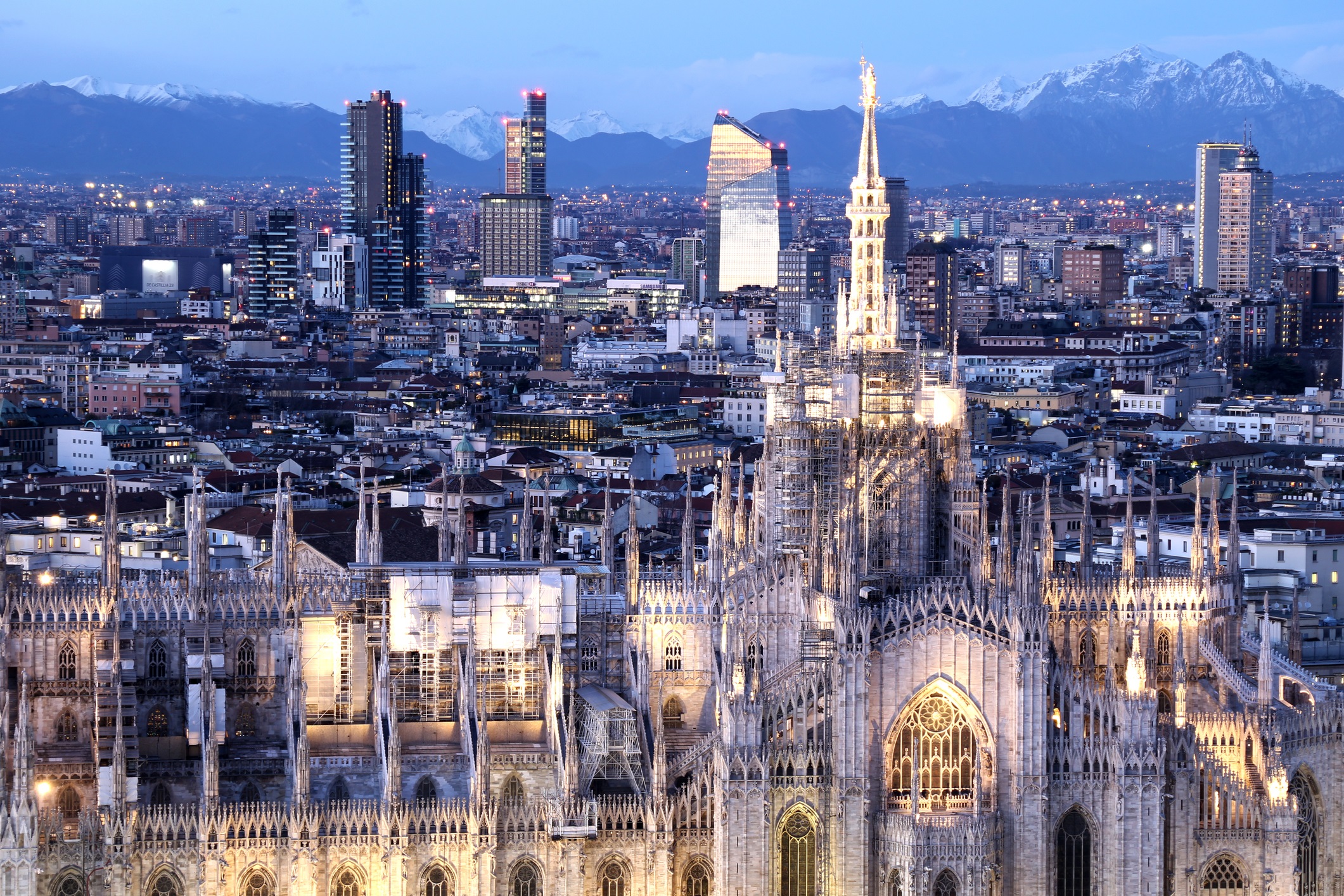The world of startups shows positive signs for the economy

Positive signs for the economy are coming from the world of startups. The Italian ecosystem of new innovative companies is growing and recording a positive performance. The figures mirror this trend: in Italy, from 2012 to 2021, 12,291 innovative startups were registered in the special section of the Register of Companies. In 2020 as well, their number continued to grow (10.4% compared to 2019). This result is also due to the several incentives and measures specifically adopted to foster them as a source of growth and development.
The world of startups in the pandemic scenario
According to the study carried out in July by EY and VC Hub Italia entitled: "The impact of the COVID-19 emergency on startups and the wider innovation ecosystem in Italy", one of the main effects caused by the pandemic was a drop in the demand, recorded by 68 % of the startups involved in the study with 25% of these experiencing a decrease by more than 50%, compared to the previous year. However, due to the lockdown, only 5% had stopped its activity while 54% were preparing to seek funding to restart. A demonstration of resilience and quick adaptation to a profoundly changed context that allowed startups to develop new solutions to cope with the effects of the pandemic.
According to a survey by the "Startup Intelligence" and "Digital Transformation Academy" observatories of the Milan Polytechnic, the new innovative companies implemented 256 initiatives to face the health emergency: from process digitization to the setting up of distancing systems. From home delivery and sanitization to online training. Thanks to these measures, almost half of startups, 46%, expanded their network and reached new customers. 44% quickened the development of products and services, gaining visibility on the market, while 28% increased their staff or acquired additional skills. Unfortunately, not all of them went like this: 38% of startups had to reduce their activities and 24% decreased their spending forecasts.
The areas of expertise
But what do innovative startups in Italy do? What are their areas of expertise? Most (8,112, equal to 74.4%) operate in the business services sector and among the main activities, those relating to ICT services (carried out by 47.4% of startups) stand out. Among them are the "Software production and IT consultancy "(35.6%) and" Information activities and services "(9.2%) sub-categories. Besides, a significant share of innovative startups is involved in "Scientific Research and development".
Investments
Despite the difficult period, according to data from the Startup Hi-tech Observatory of the Politecnico di Milano, the innovative startup sector raised 683 million euros in investments in 2020, only 2% less than in 2019. Loans by formal actors (such as banks, investment funds and venture capital) grew by 34%, from 215 million in 2019 to 288 million in 2020. Loans by informal players (such as angel networks, angel groups, equity crowdfunding, private investors) remained stable compared to last year at 247 million euros. International loans, conversely, fell sharply from 231 million euros in 2019 to just over 148 million euros.
Territorial spread
Lombardy again this year is the region housing the highest number of Italian startups, as much as 27%, reaching a total of 3309 as of March 8, 2021. Above one thousand realities, according to the MISE data at the end of 2020, are Lazio (1,383) and Campania with 1053, followed by Veneto (974), Emilia Romagna (932) and Piedmont, with 659. Basilicata with 108, Molise with 75, and Valle d'Aosta with 22 innovative startups are at the bottom of this unusual ranking of regional attractiveness.
Milan is the headquarters of startups that have chosen Lombardy as their "home", with almost 2300 companies based in the capital.
The data from the Fintech District also confirm this. As told to Sole 24 Ore, the reality promoted by the Sella group in 2017 collects more than half of the Italian fintech companies. In 2020, the number of community members increased by 34 units, to 173, as well as the number of membership applications. The number of new structured companies becoming corporate members also doubled. These last, work with innovative companies to foster their development processes. It is the confirmation that Milan, the capital of startups, continues to build the future despite the pandemic year.